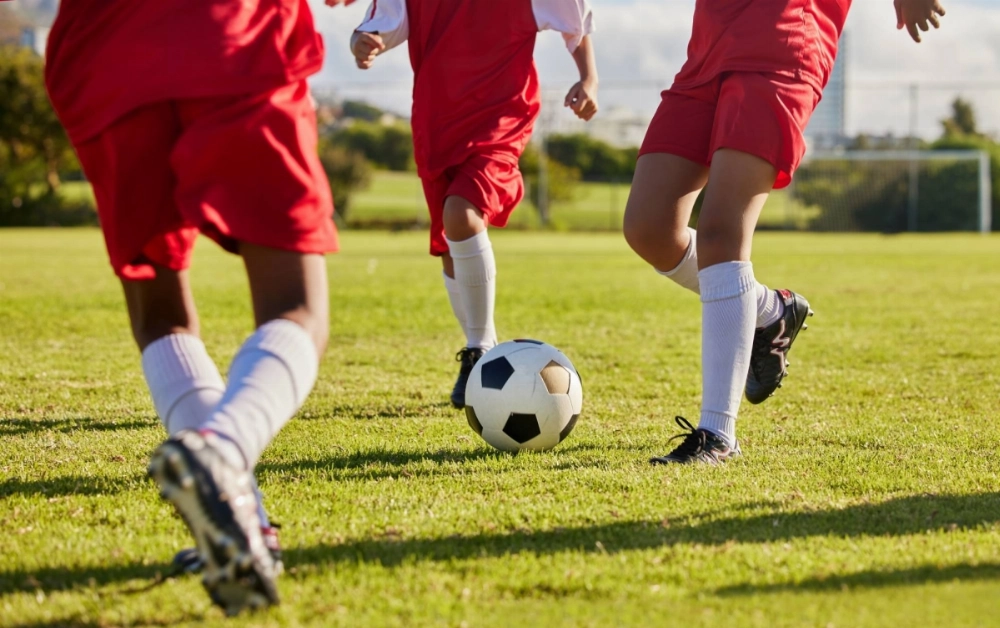A team of researchers from Waseda University and others said Wednesday that it will begin a clinical trial using bovine tendons to reconstruct torn knee ligaments in humans.
In the trial, bovine tendons will be transplanted into people with damaged anterior cruciate ligaments after cells that cause excessive immune responses are removed.
The procedure is said to have lower risks of paralysis and muscle weakness than conventional reconstructive surgery using tendons from another part of the patient.
It is hoped that damage to ankles and elbows can be treated using this method. The group said that it could revolutionize the world of sports medicine.
The anterior cruciate ligament connects the thigh and shin bones and stabilizes the knee joint. It can be damaged when people play sports such as soccer and basketball, and does not heal on its own, requiring reconstructive surgery that involves transplanting the patient's own hamstring or other tendons.
The research group, including Professor Kiyotaka Iwasaki of Waseda University, developed a technique that removes cellular components that trigger immune responses from tendons, enabling them to become human ligaments after transplantation.
Bovine tendons are suitable for use in humans because mammals have similar protein structures and also because bovine tendons are thick, the group said.
The team performed reconstructive surgery using the technique on the damaged ligament of a sheep and saw the ligament regenerate steadily after the procedure.
The number of patients who undergo anterior cruciate ligament surgery in Japan is estimated at about 19,000 annually, including many professional soccer players and sumo wrestlers.
"We want to provide an opportunity to perform reconstructive treatment even if (ligaments are) damaged many times, without sacrificing the patient's own tissue," Iwasaki said.



















With your current subscription plan you can comment on stories. However, before writing your first comment, please create a display name in the Profile section of your subscriber account page.